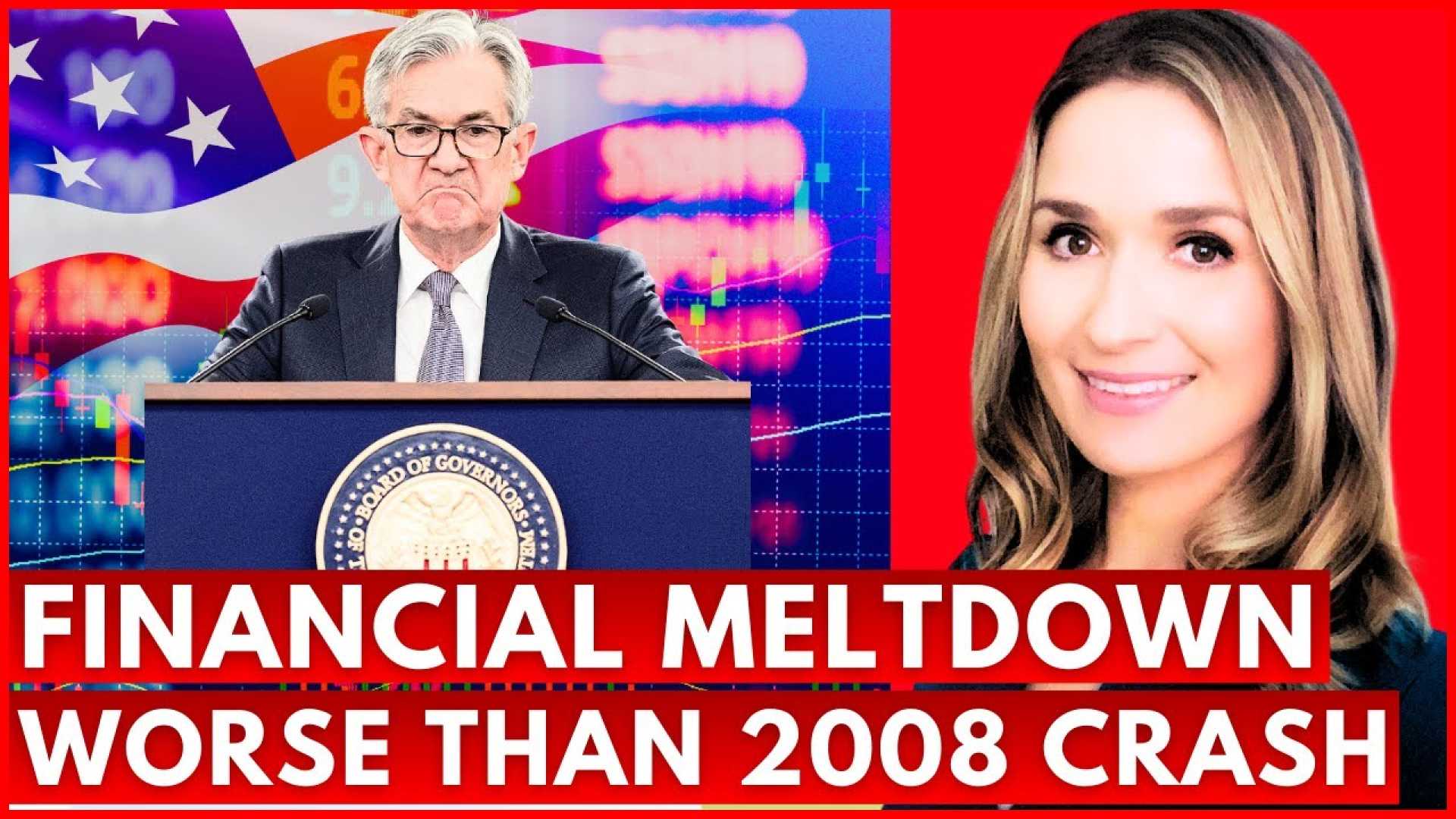Business
Fear Grips U.S. Economy Amid Recession Concerns and Tariff Chaos

New York, NY — In a recent CNN/SSRS poll, two-thirds of American adults expressed fear and pessimism regarding the economy, reflecting a significant sense of dread just 100 days into President Donald Trump‘s second term. As concerns over tariffs and potential recession loom large, this unease is threatening to suppress consumer spending, which is critical for economic stability.
The survey showed that 69% of respondents deem a recession somewhat or very likely within the next year. These sentiments create a concerning cycle where reduced consumer confidence begets less spending, which in turn leads businesses to tighten their belts. David Kotok, co-founder of Cumberland Advisors, remarked, “April 2nd was a turning point. It’s been four weeks of chaos, and the chaos has been disruptive. We are beginning to pay the price for it.”
With 81% of small toy companies and 87% of mid-sized toy manufacturers postponing orders due to tariffs, the impact on these businesses is immediate and severe. The Toy Association points out that nearly half of these companies fear bankruptcy within weeks or months, raising alarms about the fragile state of the supply chain.
David Kelly, chief global strategist at JPMorgan Asset Management, warns that the atmosphere of fear might lead to a self-fulfilling prophecy of recession. “A lot of businesses are getting nervous. They could pause spending or cut back on travel and hiring,” Kelly explained in a phone interview. Southwest Airlines reported a notable decline in domestic leisure travel, akin to recession effects, emphasizing the struggle across various sectors.
The discontent surrounding tariffs, coupled with financial market turbulence, has led to a growing sense of urgency among economists and business leaders. BlackRock CEO Larry Fink suggested many are already assuming the U.S. is in a recession. Kotok corroborated this sentiment, stating, “We are starting to see the first signs of the supply chain breakdown from tariffs. My expectation is that it will worsen.”
Meanwhile, economists like Torsten Slok of Apollo Global Management anticipate a “voluntary trade reset recession,” reflecting widespread anxiety over future economic conditions. Jared Bernstein, a former economist for President Joe Biden, acknowledged a roughly 50/50 chance of recession due to the turmoil stemming from tariff-induced price increases and economic slowdown.
As the international community reacts to this situation, many finance ministers express exasperation, risking the cohesion of long-standing trade relationships. A prominent example is Japan, whose finance minister described the U.S. tariffs as “highly disappointing,” highlighting potential destabilization in global markets.
Despite the prevailing fears, some economists remain cautiously optimistic. Consumer spending has not plummeted significantly yet, drawing parallels to 2022, a year when similar recession alarms were sounded, but fears later proved unfounded. It remains to be seen if the current state of consumer confidence will similarly impact spending patterns in the months ahead.












